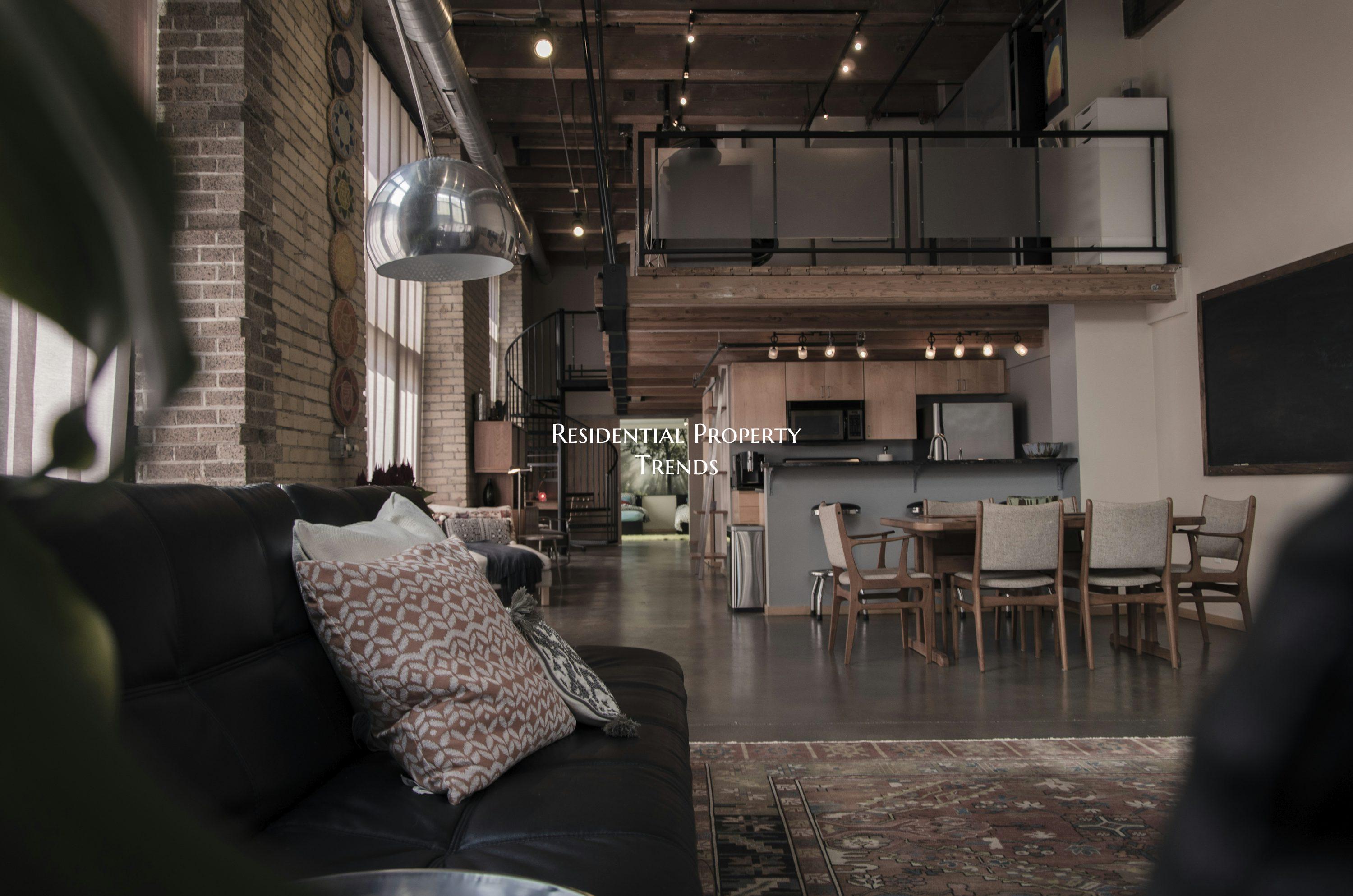Residential Property Trends

In recent years, residential property trends have been a topic of interest for homeowners, investors, and industry professionals alike. These trends encompass various aspects of the housing market, including but not limited to pricing, demand, development, and design. Understanding these trends can provide valuable insights into the current state of the residential property market and help individuals make informed decisions regarding buying, selling, or investing in real estate.
One of the key trends in residential property is the fluctuation of housing prices. Factors such as economic conditions, interest rates, and local market dynamics can all influence the pricing of homes. In some areas, housing prices may be steadily increasing, creating a seller's market where demand outweighs supply. Conversely, in other regions, prices may be stabilizing or even decreasing, leading to a buyer's market with more options and negotiating power for prospective buyers.
Another significant trend in residential property is the evolving demand for different types of housing. With changing demographics and lifestyle preferences, there is a growing interest in alternative housing options such as tiny houses, co-living spaces, and eco-friendly homes. Additionally, the rise of remote work has fueled demand for properties with home office spaces and outdoor amenities that cater to a work-life balance.
Development trends in residential property also play a crucial role in shaping the housing market. Urbanization, sustainable building practices, and mixed-use developments are becoming more prevalent as cities strive to accommodate population growth and environmental concerns. Smart home technology is also increasingly integrated into new residential construction, providing homeowners with enhanced convenience, security, and energy efficiency.
Design trends in residential property reflect the latest preferences in architecture, interior design, and landscaping. From modern and minimalist styles to timeless and classic aesthetics, homeowners have a plethora of design choices to personalize their living spaces. Sustainable materials, energy-efficient features, and smart home technology are also popular considerations for those seeking to create environmentally-friendly and technologically advanced homes.
In conclusion, residential property trends are dynamic and multifaceted, influenced by various economic, social, and technological factors. By staying informed about these trends, individuals can navigate the real estate market more effectively and make strategic decisions that align with their goals and values. Whether buying a first home, investing in rental properties, or renovating an existing residence, understanding residential property trends is essential for success in today's ever-changing housing landscape.
